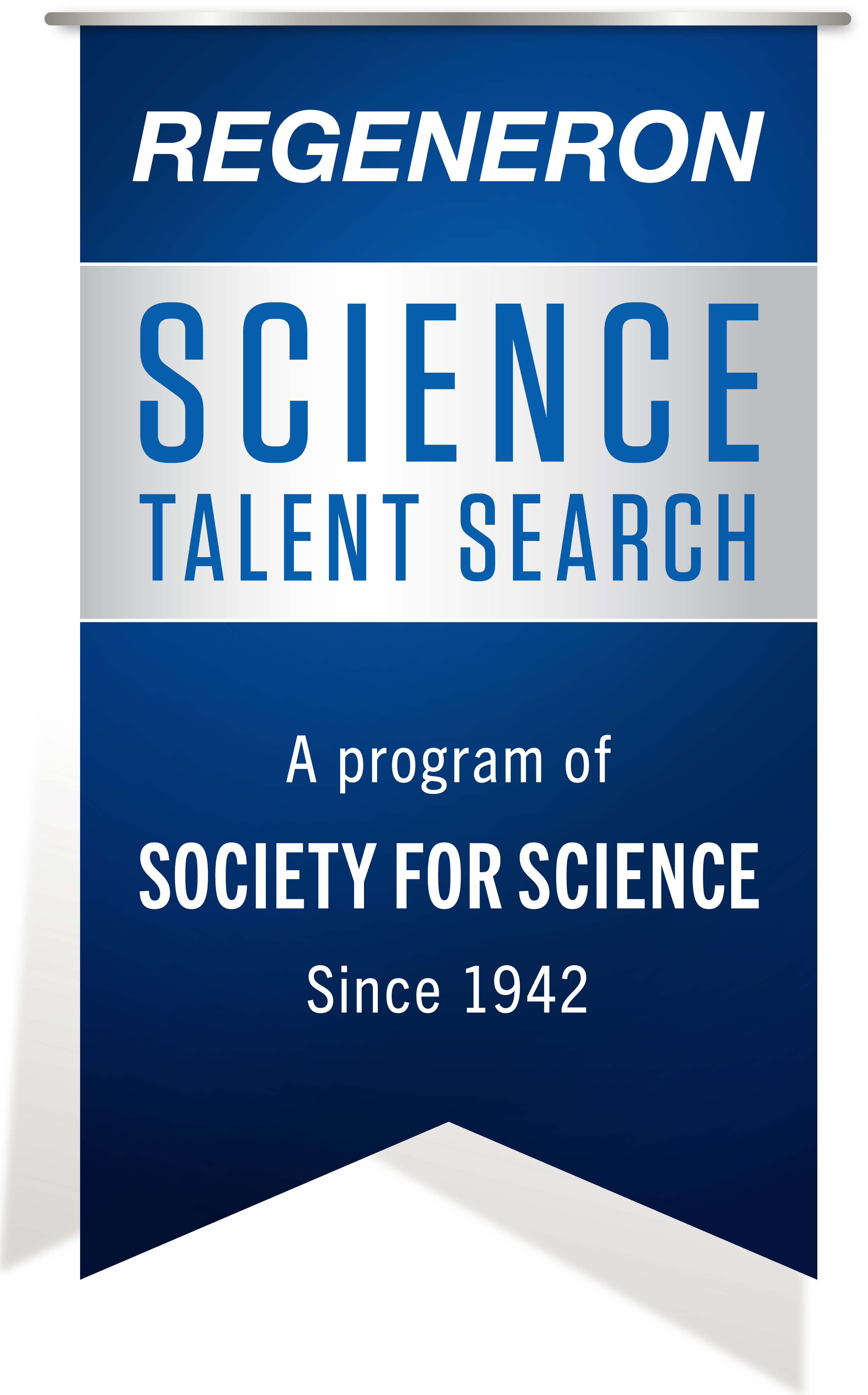Common Reasons Projects Fail to Qualify
The list below includes some of the reasons students failed to qualify in 2025; however, the reasons entrants may fail to qualify are not limited to only these examples. After applications are submitted each year, a team of PhD scientists reviews each entry and performs an extensive rules check. When a Regeneron STS entry "fails to qualify," the student is not eligible for awards. Any required paperwork must be submitted in full and properly signed at the application deadline; the Society does not reach out for updated materials or accept corrections.
To ensure that research submitted to the 2026 competition meets eligibility requirements, review the Regeneron STS Rules and Entry Instructions. Entrants should also explore Task 3 of the application, and can email any questions to sts@societyforscience.org.
You can view this list as a PDF here.
Human Research
- Student fails to obtain IRB approval before testing an invention, software or product, or conducting a survey of their design, or collecting feedback from other humans.
- Human data was not properly deidentified before being shared with student, OR mentor or paperwork fail to corroborate student claims of deidentification.
- Student fails to upload a blank copy of survey used on human participants (if survey used in project).
- Student fails to upload a blank copy of informed consent document used on human participants, or does not share evidence of collecting informed consent (if informed consent required by IRB).
- Student fails to upload IRB documentation or proof of publication from mentor’s originating study.
- IRB is improperly constituted (school IRBs are permitted, but teachers who oversee a project must not be part of the school IRB as this is a conflict of interest. Parents/guardians must not be members of IRBs governing their own students’ projects.)
- IRB paperwork not signed or checkboxes of IRB decision not checked.
- Dates on paperwork do not align with dates of student data collection.
- Student project diagnoses or treats medical conditions.
Non-Human Vertebrate Animal Research
- The source of vertebrate animal/human cell lines or tissues are not properly documented.
- Vertebrate animal/human established cell lines or tissue cultures were obtained from a commercial source and neither student nor project recommender provided a catalog number; if obtained from a non-commercial source there is no documentation from supplier.
- Vertebrate animal sacrificed solely for student study.
- Student study involved pain or stress to vertebrate animals.
- Student performed surgery on vertebrate animal — this is beyond basic husbandry and care.
- Vertebrate animal’s habitat and/or food was altered without IACUC approvals (in order for a study to be considered observational, no factors can be altered in animal’s habitat).
- Student fails to upload IACUC documentation or proof of publication from mentor’s originating study.
- Student performs vertebrate animal research in a home environment.
- IACUC paperwork not provided.
- Dates on paperwork do not align with dates of student data collection.
PHBAs
- Student performs PHBA research in a home setting after June 2020.
- Student cultures microorganisms in a home environment.
- Student performs BSL-2 level research in a BSL-1 setting.
Other
- Student’s research report fails plagiarism screening.
- Student and mentor discrepancy in paid program sum.
- Student fails to disclose personal relationships in the mentorship of their project, or other conflict of interest.
- Student or mentor fails to disclose payment for services.
- Student is not in their final year of high school.
- Student submits high school team project as individual work.
- Student does not meet residence or citizenship eligibility requirements.
- Student adheres to University requirements that are less strict than Regeneron STS requirements.
- Research Report exceeds 20 page limit, or attempts to deceive the spirit of the page limit.
- Failure to properly cite images in Research Report.
